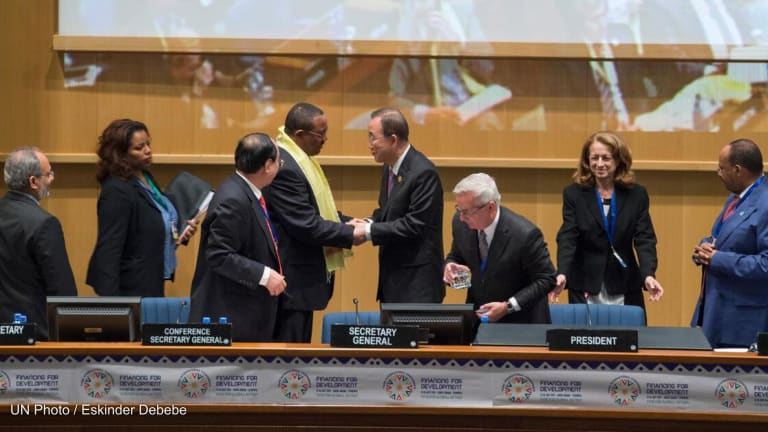The U.K. Department for International Development is apparently not doing as well as it could in its efforts to combat international tax evasion and avoidance, or so says the Independent Commission on Aid Impact, the group tasked by Parliament to evaluate U.K. aid spending.
The Panama Papers and a new international tax agenda set out by the Group of 20 and the Organization for Economic Cooperation and Development, saw international tax evasion and avoidance shoot up the list of reform issues for developing countries, and DfID has been keen to help – on the face of it with good reason.
Developing country governments are comparatively weak in identifying and enforcing tax liabilities, and are often no match for major multinational corporations and their legions of tax advisers, leading to a fear that developing country citizens are being exploited.

